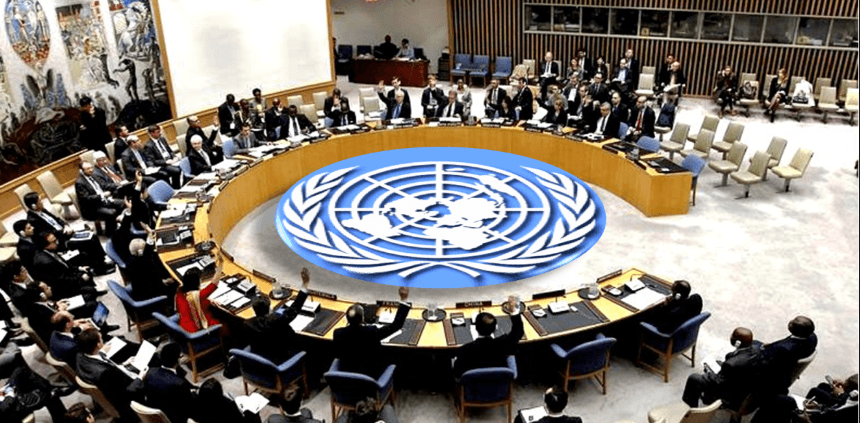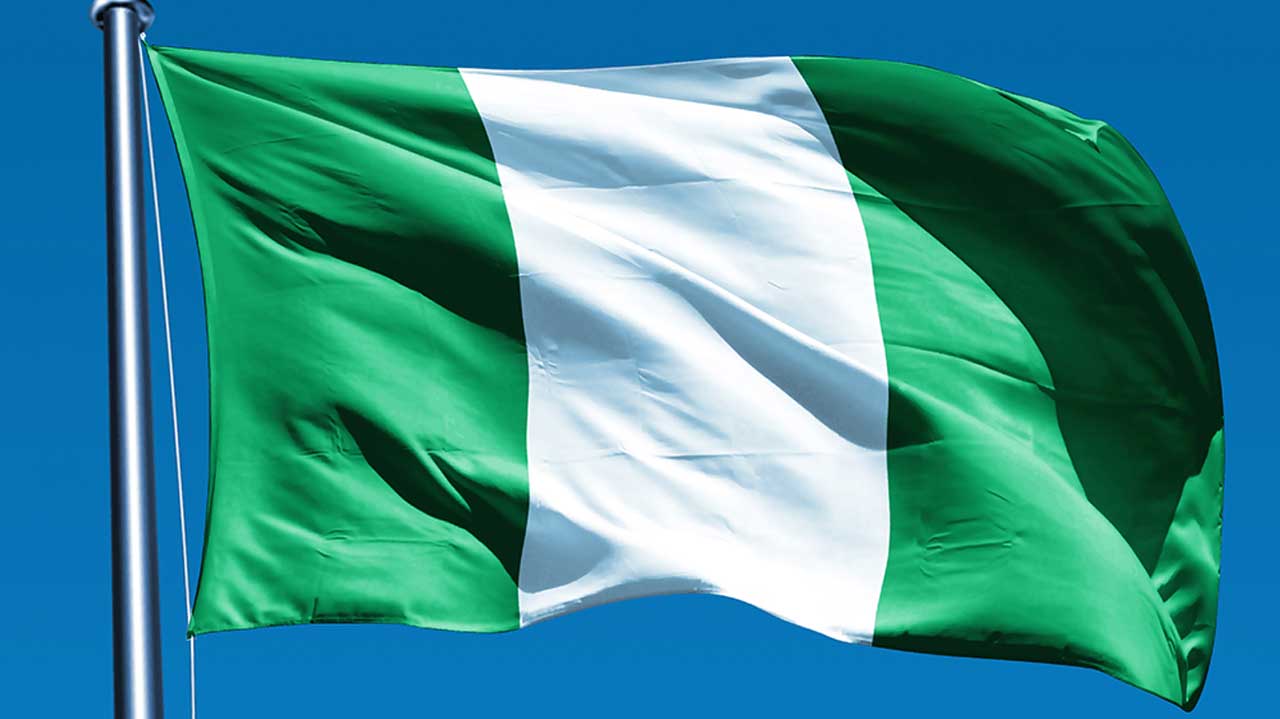The UN Security Council said it remained concerned at the security and humanitarian situation caused by the Boko Haram terrorists and other armed groups in Nigeria, Cameroon and Chad.
In a Presidential Statement, the 15-member body regretted that Central African countries were beset by ongoing terrorist activity, instability and the effects of climate change, and asked Secretary-General Antonio Guterres to review the work of the UN Regional Office for Central Africa (UNOCA), and recommend areas for improvement.
The presidential statement read: “The Security Council strongly condemns all terrorist attacks carried out in the region, including those perpetrated by Boko Haram and the Islamic State in Iraq and the Levant (ISIL, also known as Daesh).
“These attacks have caused large-scale and devastating losses, have had a devastating humanitarian impact including through the displacement of a large number of civilians in Nigeria, Cameroon and Chad, and represent a threat to the stability and peace of West and Central Africa.
“The Council notes with particular concern the continuing use by Boko Haram of women and girls as suicide bombers, which has created an atmosphere of suspicion towards them and made them targets of harassment and stigmatisation in affected communities, and of arbitrary arrests by security forces.
“The Council emphasises the need for affected States to counterterrorism in all its forms and manifestations, including by addressing the conditions conducive to the spread of terrorism, in accordance with obligations under international law, in particular international human rights law, international refugee law and international humanitarian law”.
The Security Council welcomed the support provided by UNOCA and the UN Office for West Africa and Sahel (UNOWAS) for the development of a joint regional strategy to address the root causes of the Lake Chad Basin crisis through regular contact with regional leaders.
The Council encouraged partners to increase security assistance to Lake Chad Basin Commission countries, and humanitarian and development support across the region for those affected by Boko Haram activities.
“The Security Council remains deeply concerned at the grave security situation and related violations and abuses of human rights in parts of Central Africa, in particular the continuing terrorist activities of Boko Haram and other terrorist groups in the Lake Chad Basin,” it said.
“The Security Council expresses its ongoing concern at continued tensions linked to disputed electoral processes, social and economic difficulties, and conflicts between farmers and herders,” the statement added.
The 15-member Council noted that UNOCA’s priorities would include to work closely with UNOWAS to address transregional issues such as maritime security in the Gulf of Guinea, conflict between farmers and herders, and combatting Boko Haram.
The UN Security Council committee on al Qaeda sanctions blacklisted and imposed sanctions on the Islamist militant group Boko Haram in 2014 after the insurgents kidnapped more than 200 Chibok schoolgirls.
The designation, which came into effect after no objections were raised by the Security Council’s 15 members, subjected Boko Haram to UN sanctions, including an arms embargo, asset freeze and travel ban.
(NAN)

